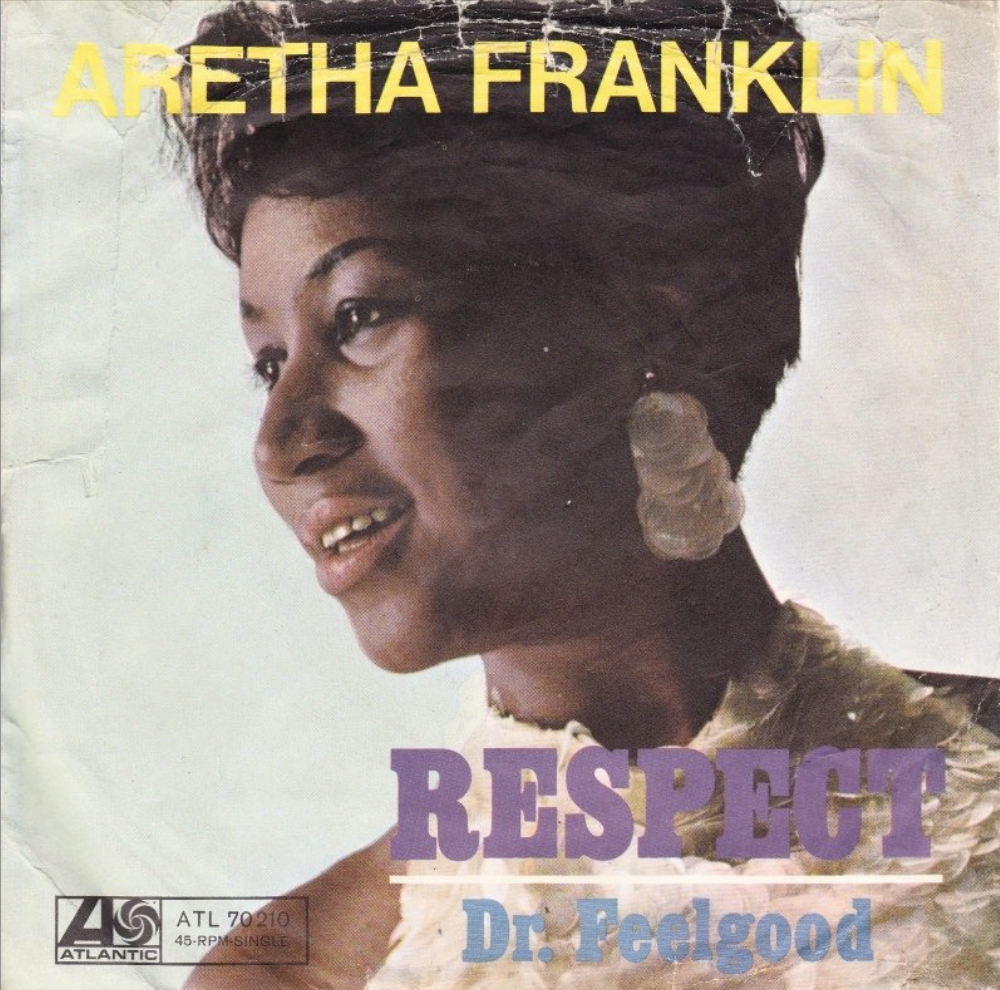aretha in 1967
(This is an excerpt from Tony Scherman’s excellent Substack: Among the Musical, which is full of similarly marvelous insights and stories about the music of our generation.”)
By April 22, 1967 Aretha Franklin’s single “I Never Loved a Man” was number 9 on Billboard‘s Hot 100, shortly to sell a million-plus copies. Defying conventional record-business wisdom (let a hit song run its course), Jerry Wexler [co-owner of Atlantic Records, who produced Aretha Franklin] let fly with “Respect” on April 13th. By June 3rd, it was Aretha’s first number 1 and her second million-seller in four months.
According to Wexler, when he played Aretha’s “Respect” for its writer, “Otis [Redding] broke out into this wide smile and said, ‘The girl has taken that song from me. Ain’t no longer my song. From now on, it belongs to her.’ Then he asked me to play it again, and a third time. The smile never left his face.”
“Respect” could hardly have meshed more closely with the times. Ebony magazine called the summer of 1967 “the summer of the three R’s: ‘Retha, Rap [the Black militant H. Rap Brown] and Revolt.” Detroit’s Twelfth Street Riot tore through Aretha’s hometown, leaving 43 dead, thirty-three of them Black, the deadliest of the summer of 1967’s 160 race riots and one of the worst in American history.
On April 28th, Muhammad Ali was stripped of his heavyweight title for refusing induction. “No Vietcong never called me nigger,” the champ had famously said. On June 17th, the Monterey Pop Festival, the first such mass celebration, focused national attention on “The Love Crowd,” as the festival’s surprise sensation, Otis Redding, addressed his almost entirely white audience before demolishing them with his magnificent closer, “Try a Little Tenderness.” “I was pretty sure I’d seen God onstage,” said the Grateful Dead’s Bob Weir. Otis, of course, would be dead in five months.
On September 7th, a group of feminists picketed the Miss America Pageant in Atlantic City (but did not, contrary to legend, burn their bras). As Jerry Wexler said, “The call for respect went from a request to a demand. ‘Respect’ started off as a soul song and wound up an anthem. It virtually defined American culture at that moment in history,” said Wexler—an exaggeration, but “Respect” certainly resounded beyond the hit parade. . . .


